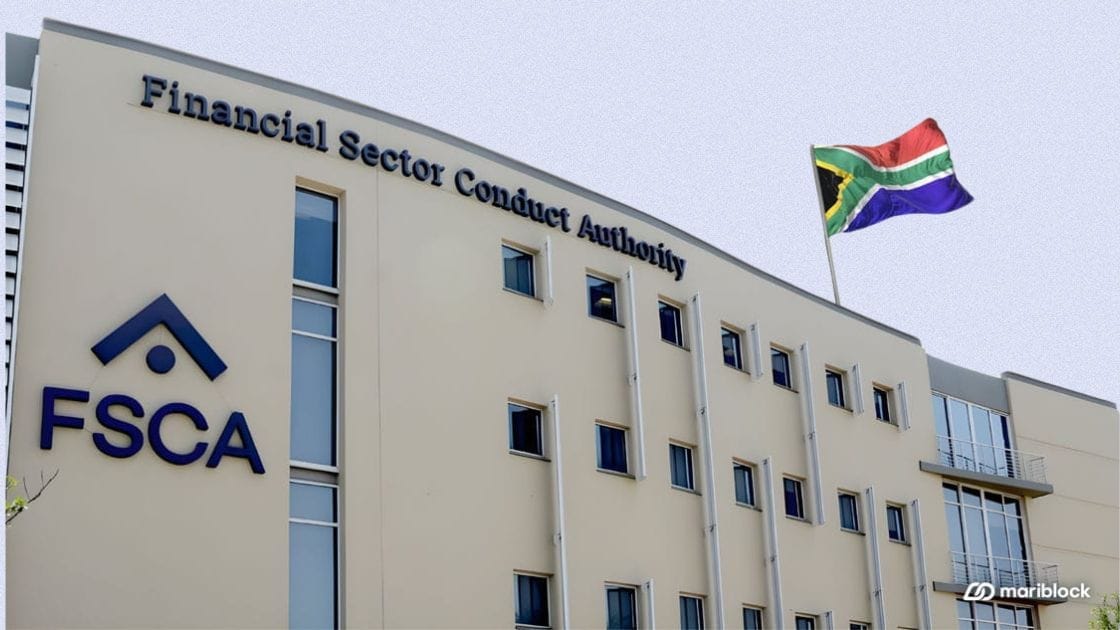South Africa’s FSCA licensed 248 crypto firms in 2024
Pan-African exchange, Yellow Card, also secured an FSCA-issued financial service provider license late in the year

The South African Financial Sector Conduct Authority (FSCA) has, to date, issued a total of 248 licenses to virtual assets service providers (VASPs) in the country.
Pan-African exchange Yellow Card announced last November that it had also been approved by the FSCA and granted a license in the regulator’s latest approval round.
Stay up-to-date with the latest blockchain developments in Africa
Dive deeper
In a recent update, the FSCA said it had received 420 licensing applications and declined nine since it called for cryptocurrency companies in the country to apply for regulatory approval in 2023.
- Typically, FSCA-issued licenses are divided into two categories, indicating the scope of crypto-related activities that the license holder is permitted to engage in.
- Its Category I license allows firms to offer advisory and intermediary exchange services, while its Category II covers investment management activities.
- Notable exchanges such as VALR and Luno, as well as crypto on-ramp and off-ramp service provider Kotani Pay, are some companies that have secured operational licenses.
Two months ago, the pan-African exchange, Yellow Card, announced that it had also received an FSCA-issued license in South Africa.
- Gillian Darko, Yellow Card’s chief of staff, told Mariblock in an interview that the company secured approval as a financial service provider. This authorization enables Yellow Card to expand beyond crypto services and offer additional financial assets like stocks and tokenized securities.
- At the onset, the FSCA’s licensing powers limited it to authorize and supervise VASPs for crypto-related activities only.
- It is unclear if the regulatory body has now expanded this scope to include other non-crypto financial assets.
What was said
- Darko, when asked what the FSCA license permits the firm to do, told Mariblock:
“It’s not just crypto but also financial assets, stocks, and tokenized securities. That’s what the license encompasses at the moment.”
Zoom out
South Africa became one of the first African countries to grant crypto a legal status when it added crypto companies to a list of accountable institutions in 2022.
- In 2023, the FSCA asked crypto companies to apply for a license before the end of the year and declared companies that continued to operate outside its purview illegal.
- Other African countries have been more measured and slower in regulating virtual assets. While some have adopted a wait-and-see approach, others have outright banned cryptocurrencies.
- Last year, despite a nationwide crackdown on peer-to-peer crypto asset trading, the Nigerian SEC granted provisional licenses to two crypto companies — Busha and Quidax.
- The licenses were issued under the SEC’s regulatory sandbox, Accelerated Regulational Incubation Program (ARIP).




